Condition: Anxiety disorders/social phobias

Jay Davidson
As a child and adolescent psychiatrist at the Child Study and Treatment Center, I am deeply inspired by the resilience of the youth we serve and by the collaborative spirit of our multidisciplinary teams. My work is grounded in curiosity, compassion, and respect for the complex systems that shape young people’s lives. My approach integrates evidence-based psychopharmacology with developmental and trauma-informed care, while always centering around the individual’s unique story and strengths. I value the relational and systemic dimensions of psychiatry: the interplay between family, community, and policy that influences recovery and growth. The multidisciplinary, relational model at CSTC reflects these values and continues to shape how I think about psychiatry: not only as a science, but as a deeply human endeavor.

Katherine Seldin
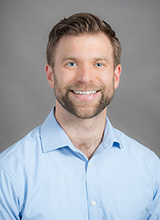
Josh Walther
I am an Acting Assistant Professor in the Department of Psychiatry and Behavioral Sciences at the University of Washington, primarily working clinically at Harborview Medical Center. I work with the Recovery Clinic, Intake and Brief Intervention Services (IBIS), the Behavioral Health Integration Program (BHIP), and Addiction Consult Service.
I am fellowship-trained in Addiction Psychiatry, and board certified in both general and addiction psychiatry by the American Board of Psychiatry and Neurology. My passion is providing excellent, compassionate and comprehensive psychiatric care to my patients regardless of background or resources. I believe quality healthcare is a human right for all people and am excited help make that a reality as part of the Harborview system.
Justin Tauscher
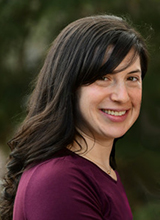
Hannah Rea
My research focuses on improving clinical outcome measures and intervention outcomes for individuals with Down syndrome, neurodevelopmental disorders, and other special healthcare needs. I conduct research in real-world, clinical settings using multiple different tools, including caregiver-report, behavioral assessments, and electroencephalography (EEG) to study the development of and interventions for challenging behaviors. I am currently a KL2 INCLUDE Scholar conducting research on cognitive abilities and challenging behaviors in youth with Down syndrome.
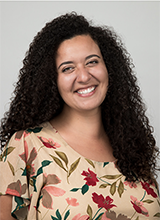
Lily Assaad
I am a faculty member and licensed clinical psychologist in the University of Washington’s Department of Psychiatry and Behavioral Sciences. Before joining this department, I completed my Ph.D. in clinical psychology at Purdue University, residency at the University of Washington, and fellowship at the University of Pennsylvania.
My research interests primarily center around romantic relationship functioning and personality disorder (PD) measurement. My line of PD research centers around how the use of a trait-based, dimensional approach to assessing and measuring PDs may increase construct validity, reliability, and diagnostic accuracy relating to PDs. My romantic relationship research centers around how romantic relationship functioning and interpersonal behaviors are associated with psychopathology diagnoses and symptoms.
As a clinician, I specialize in treating suicidality and self-harm using comprehensive Dialectical Behavior Therapy; in treating PTSD using Cognitive Processing Therapy and Prolonged Exposure; and in treating anxiety-related disorders using exposure therapies like Exposure and Response Prevention for OCD and Exposure for Social Anxiety. I am also passionate about providing couples’ therapy.
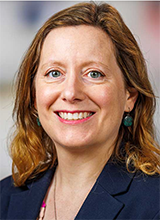
Susanne Weber
I am a consult psychiatrist and clinical instructor at the Fred Hutch Cancer Center. I work with people undergoing active cancer care. I previously practiced in the VA outpatient mental health clinic with veterans with mood disorders, anxiety, post-traumatic stress disorder, and chronic and serious mental illness. I recently worked as a consult psychiatrist with the Swedish Primary Care Clinics, address a wide variety of concerns in a collaborative behavioral health care setting. I enjoy being a part of medical education, both learning and teaching. However, patient care always comes first.
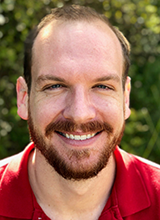
Brendan McDonald
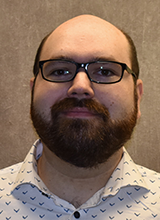
Samuel Jackson
I am an Assistant Professor in the Department of Psychiatry and Behavioral Sciences at the University of Washington. I received my MD from the University of Arkansas for Medical Sciences, and completed my General Psychiatry Residency at the same institution. I completed a fellowship in Consultation-Liaison Psychiatry (formerly Psychosomatic Medicine) at the University of Washington. I have academic interests in the intersection of medicine and psychiatry, LGBTQ mental health and wellbeing, and medical education. I currently see patients at Harborview Medical Center’s Madison HIV Clinic.
